纪念莎士比亚诞辰450周年
中国日报网 2014-04-17 16:05


|
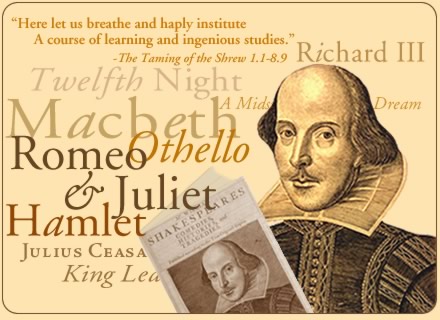
|
普通人眼中的莎士比亚: 威廉·莎士比亚(W.William Shakespeare,1564年4月23日-1616年4月23日)是欧洲文艺复兴时期最重要的作家,杰出的戏剧家和诗人,他在欧洲文学史上占有特殊的地位,被喻为“人类文学奥林匹克山上的宙斯”。 他跟古希腊三大悲剧家艾思奇利斯(Aeschylus)、索福克里斯(Sophocles)及幼里匹蒂斯(Euripides)合称戏剧史上四大悲剧家。他的剧作被反复改变,他的十四行诗被屡屡吟诵,他被我国读者尊称为“莎翁”。 莎士比亚在写作中广泛采用民间语言(如民谣、俚语、古谚语和滑稽幽默的散文等),注意吸收外来词汇,还大量运用比喻、隐喻、双关语,可谓集当时英语之大成。莎剧中许多语句已成为现代英语中的成语、典故和格言。 |
莎士比亚经典作品(全部作品列表)
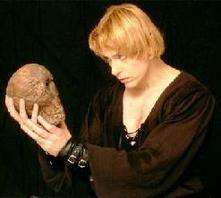 |
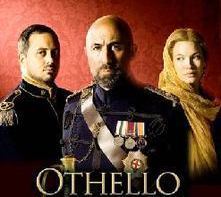 |
 |
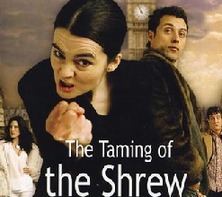 |
|
|
奥赛罗(Othello) |
|
驯悍记(The Taming of the Shrew) |
 |
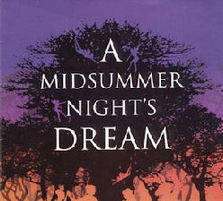 |
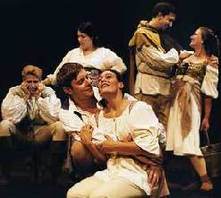 |
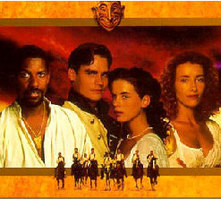 |
| 威尼斯商人(The Merchant of Venice) | 仲夏夜之梦(A Middsummer Night's Dream) |
|
无事生非(Much Ado about Nothing) |
莎士比亚名作《罗密欧与朱丽叶》片段欣赏
| 莎士比亚作品中的名言 |
莎士比亚十四行诗选读 |
| All the world's a stage, and all the men and women merely players. They have their exits and their entrances; and one man in his time plays many parts... ——William Shakespeare, "As You Like It" 世界是一个舞台,所有的男男女女不过是一些演员,他们都有下场的时候,也都有上场的时候。一个人的一生中扮演着好几个角色。 ——《皆大欢喜》 There is nothing either good or bad, but thinking makes it so. ——William Shakespeare, "Hamlet" 世上之事物本无善恶之分,思想使然。——《哈姆雷特》 What's in a name? That which we call a rose by any other name would smell as sweet. ——William Shakespeare, "Romeo and Juliet" 名字中有什么呢?把玫瑰叫成别的名字,它还是一样的芬芳。——《罗密欧与朱丽叶》 Give every man thy ear, but few thy voice. ——William Shakespeare, "Hamlet" 多听少说。—— 《哈姆雷特》 |
When forty winters shall besiege thy brow, And dig deep trenches in thy beauty's field, Thy youth's proud livery so gazed on now, Will be a tattered weed of small worth held: Then being asked, where all thy beauty lies, Where all the treasure of thy lusty days; To say within thine own deep sunken eyes, Were an all-eating shame, and thriftless praise. How much more praise deserved thy beauty's use, If thou couldst answer 'This fair child of mine Shall sum my count, and make my old excuse' Proving his beauty by succession thine. This were to be new made when thou art old, And see thy blood warm when thou feel'st it cold.
|
| 史学家眼中的莎士比亚 | 质疑者眼中的莎士比亚 | ||||||||
|
学者和文学评论家怀疑莎士比亚并不是那些剧作的真正作者,他们推断背后的真正作者可能是克里斯托弗•马洛、爱德华•德•维尔和弗朗西斯•培根等人,因为这些人拥有更知名的背景,更具文学水准或灵感更丰富。 |
(中国日报网英语点津 Helen 编辑)











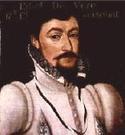

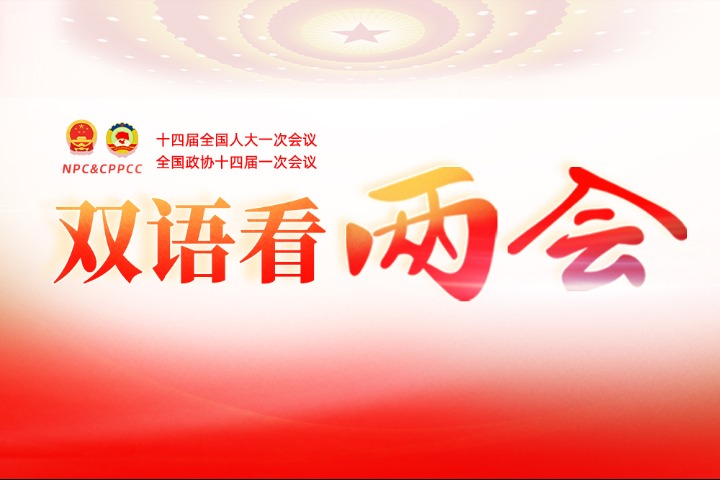
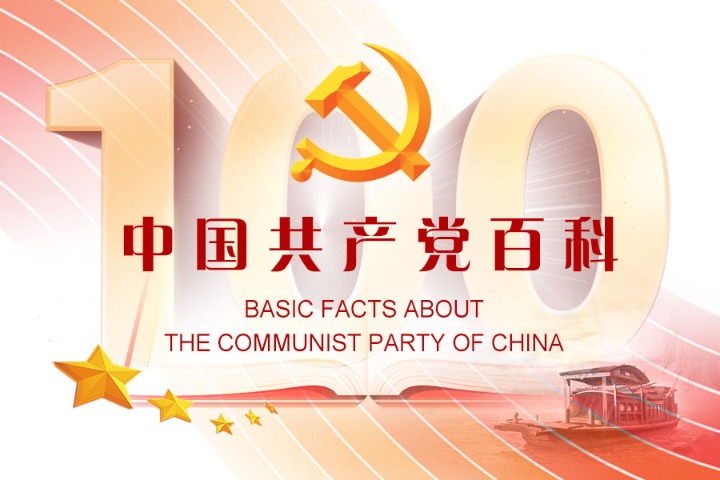


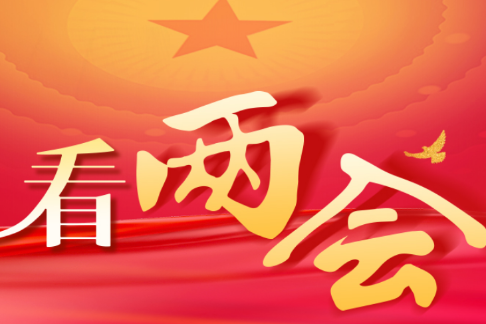



 英语点津微信
英语点津微信 双语小程序
双语小程序